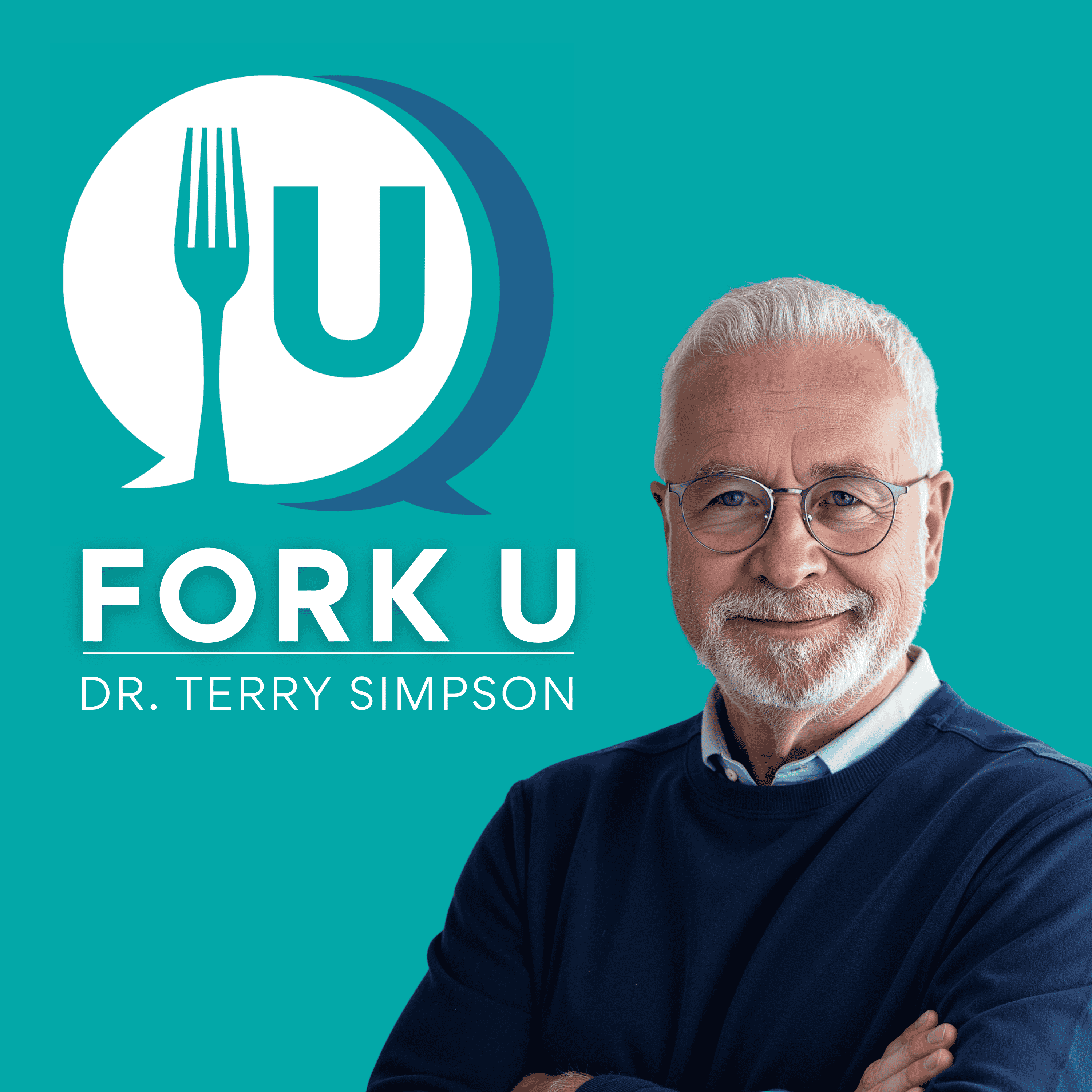Episode 2
The Carnivore Diet and Myths
The Carnivore diet is the most extreme of the low-carbohydrate diets, with its expressed point that humans did great on a diet of flesh and evolved to eat a diet high in fats.
While we cannot make up what people ate in the past, we can see about the diet of the Yupik’s of Alaska. These people have been studied extensively by the Center for Alaska Native Health Research (CANHR) at the University of Alaska in Fairbanks who partnered with Genetics of Coronary Artery Disease in Alaska Native people.
First the CANHR found that Alaska Natives who ate processed meats (hot dogs, lunch meat, fried chicken) had higher triglycerides. Those Yupik’s who consumed lots of omega-3 fatty acids and ate lots of meats with saturated fats developed coronary artery disease. As much as we like to get our omega-3 fatty acids from the sources, and few in the world eat as many as the Yupik’s, that cannot protect you from coronary artery disease in the presence of the over-consumption of saturated and trans fatty acids. It further showed that, at least for the Yupik’s, consuming processed meats, and meats high in saturated fats like beef, pork, lamb and chicken with skin was not healthy for the Alaska Natives.
The Carnivore diet excludes greens and berries, however sea greens and berries are a large part of the traditional Yupik diet. The diet that they have is high in marine mammals, fish, game animals, greens and berries that provide high levels of fat soluble vitamins (A,D,E, and K) as well as iron.
The Biotruth of the Carnivore Diet:
A biotruth is a logical fallacy, usually found to be a misunderstanding of evolution. In this case the idea that early human ancestors were meat eaters and that the adaptation of cultivation of crops led to chronic disease.
When CT scans were looked at from 137 mummified remains from four geographical regions, ancient Egypt, Peru, the Pueblo, and Unangan from the Aleutian Islands were examined they found atherosclerosis in all of them.
“Interpretation: Atherosclerosis was common in four preindustrial populations including preagricultural hunter-gatherers. Although commonly assumed to be a modern disease, the presence of atherosclerosis in premodern human beings raises the possibility of a more basic predisposition to the disease.”
It should be noted that those were diverse diets from those who ate primarily marine mammals and fish to those whose diet was composed primarily of vegetation with little meat.
The Myths of LDL
The low carbohydrate community propose that LDL isn’t an issue with heart disease. This flies in the face of the recent article in JAMA looking at 34 clinical trials and finding that lowering LDL-C not only decreased the risk of heart disease, but all causes of mortality. While the low-carb crowd likes to point out how sugar indeed has a role in development of heart disease, they quietly forget to point out that diets rich in meats are overwhelmingly an issue.
-----
Fork U is part of the Your Doctors Orders network of podcasts and is hosted by noted physician and surgeon Dr. Terry Simpson.
- Follow Dr. Terry Simpson on TikTok for bite-sized content on healthy eating
- Visit TerrySimpson.com for additional details on Dr. Simpson
- Follow @DrTerrySimpson on Twitter for skepticism, travel, and much more.
Fork U is produced by Simpler Media and is recorded in the studios of ProducerGirl Productions.
-----
REFERENCES
Brand-Miller JC, Griffin HJ, Colagiuri S. The carnivore connection hypothesis: revisited. J Obes. 2012;2012:258624. doi: 10.1155/2012/258624. Epub 2011 Dec 22. PMID: 22235369; PMCID: PMC3253466.
Bersamin A, Luick BR, King IB, Stern JS, Zidenberg-Cherr S. Westernizing diets influence fat intake, red blood cell fatty acid composition, and health in remote Alaskan Native communities in the center for Alaska Native health study. J Am Diet Assoc. 2008 Feb;108(2):266-73. doi: 10.1016/j.jada.2007.10.046. PMID: 18237575; PMCID: PMC6542563.
Ryman TK, Boyer BB, Hopkins S, Philip J, Beresford SA, Thompson B, Heagerty PJ, Pomeroy JJ, Thummel KE, Austin MA. Associations between diet and cardiometabolic risk among Yup'ik Alaska Native people using food frequency questionnaire dietary patterns. Nutr Metab Cardiovasc Dis. 2015 Dec;25(12):1140-5. doi: 10.1016/j.numecd.2015.08.003. Epub 2015 Aug 21. PMID: 26607703; PMCID: PMC4684467.
Thompson RC, Allam AH, Lombardi GP, Wann LS, Sutherland ML, Sutherland JD, Soliman MA, Frohlich B, Mininberg DT, Monge JM, Vallodolid CM, Cox SL, Abd el-Maksoud G, Badr I, Miyamoto MI, el-Halim Nur el-Din A, Narula J, Finch CE, Thomas GS. Atherosclerosis across 4000 years of human history: the Horus study of four ancient populations. Lancet. 2013 Apr 6;381(9873):1211-22. doi: 10.1016/S0140-6736(13)60598-X. Epub 2013 Mar 12. PMID: 23489753.
Bersamin A, Zidenberg-Cherr S, Stern JS, Luick BR. Nutrient intakes are associated with adherence to a traditional diet among Yup'ik Eskimos living in remote Alaska Native communities: the CANHR Study. Int J Circumpolar Health. 2007 Feb;66(1):62-70. doi: 10.3402/ijch.v66i1.18228. PMID: 17451135.
Ebbesson SO, Risica PM, Ebbesson LO, Kennish JM. Eskimos have CHD despite high consumption of omega-3 fatty acids: the Alaska Siberia project. Int J Circumpolar Health. 2005 Sep;64(4):387-95. doi: 10.3402/ijch.v64i4.18015. PMID: 16277122.
Bjerregaard P, Young TK, Hegele RA. Low incidence of cardiovascular disease among the Inuit--what is the evidence? Atherosclerosis. 2003 Feb;166(2):351-7. doi: 10.1016/s0021-9150(02)00364-7. PMID: 12535749.
Navarese, E. P., Robinson, J. G., Kowalewski, M., Kolodziejczak, M., Andreotti, F., Bliden, K., Tantry, U., Kubica, J., Raggi, P., & Gurbel, P. A. (2018). Association Between Baseline LDL-C Level and Total and Cardiovascular Mortality After LDL-C Lowering: A Systematic Review and Meta-analysis. JAMA, 319(15), 1566–1579. https://doi.org/10.1001/jama.2018.2525


